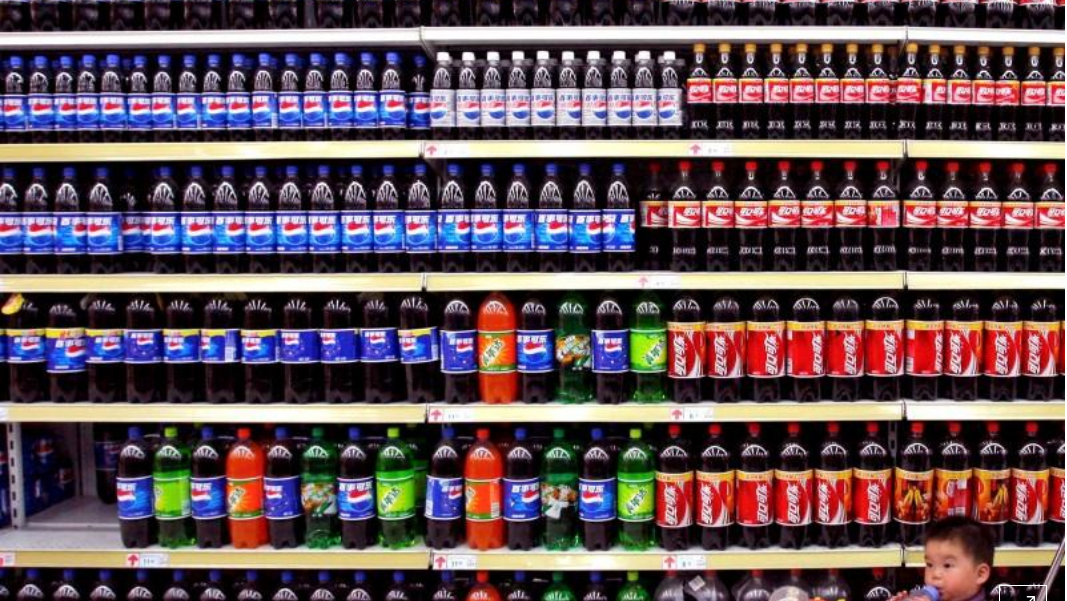
Countries in the Americas are being urged to apply more targeted taxation on sugar-sweetened drinks to reduce their consumption substantially in battling obesity.
A new study released by the Washington-based Pan American Health Organization (PAHO) suggests that a 25 percent increase in the price of sugar-sweetened beverages resulting from higher excise taxes could lead to a 34 percent reduction in consumption of these drinks.
Sugary drink consumption has been linked to epidemics of non-communicable diseases (NCDs) like obesity and diabetes around the world.
The most recent figures for the Americas put the prevalence of being overweight and obesity at 62.5 percent, the highest among all regions of the World Health Organization (WHO), of which PAHO is its Americas arm.
The United States, Mexico and the Bahamas ranked as the most obese.
PAHO Director Carissa Etienne said in a release accompanying the publication of the study that effective policies such as taxation of sugar-sweetened beverages to fight serious NCDs have become even more urgent amid the COVID-19 pandemic.
Scientists have found that obesity increases the risk of severe illness from COVID-19.
'Growing evidence' of effectiveness
Figures from PAHO show that up to Tuesday at 20:00 GMT, the Americas (North America, Latin America and the Caribbean) had recorded 1.5 million deaths linked to the disease among 63.9 million cases in its 56 member nations and territories.
Latin America, the world's hardest-hit area with some 28 percent of the global death toll, looks set to hit the 1 million mark on its own this month, which will make it the second region to do so after Europe.

Then Australian Greens leader Richard Di Natale holds up a soft drink and a plate of sugar cubes in Sydney on June 22, 2016, as the party announced it would launch a tax on sugary sweetened beverages if it won elections the following month. /VCG
Then Australian Greens leader Richard Di Natale holds up a soft drink and a plate of sugar cubes in Sydney on June 22, 2016, as the party announced it would launch a tax on sugary sweetened beverages if it won elections the following month. /VCG
The PAHO study points to "growing evidence" of the importance of taxes on sweetened beverages as part of a comprehensive approach to reducing their use. Higher prices have led, in such cases, to reduced consumption.
More than 70 nations have implemented national taxation on sweetened soft drinks, including 21 PAHO member states.
But the report says many of the levies in the Americas were designed with fiscal targets in mind, not health protection.
It argues that most could be further leveraged to improve their impact on sugar-sweetened beverage consumption and health.
The latest example of the effectiveness of taxation was published last month when a four-year study in The Lancet showed large reductions in drink purchases, in terms of both sugar quantities and volume, since a tax of about 10 percent was implemented in South Africa.
PAHO says taxes can be a triple win for governments, because they improve population health, generate revenue and have the potential to reduce long-term associated healthcare costs and productivity losses.
"As more governments adopt and improve taxes on sugar-sweetened beverages, this is expected to reduce the burden of noncommunicable diseases," Anselm Hennis, director of the hemispheric agency's department of non-communicable diseases and mental health, said.
Top photo: Shelves of bottled beverages on sale at a supermarket in Nanjing in China's eastern Jiangsu Province. /Reuters

